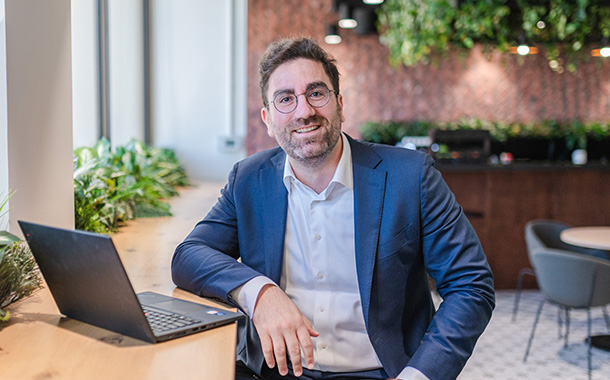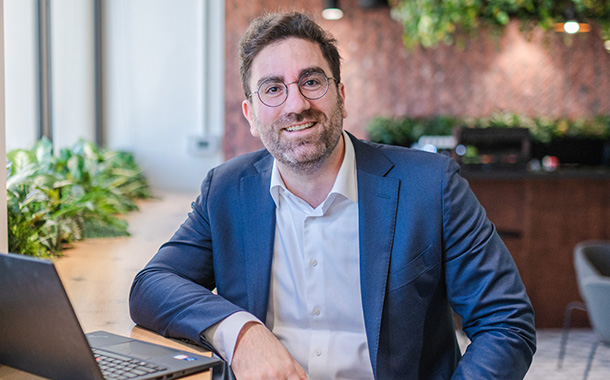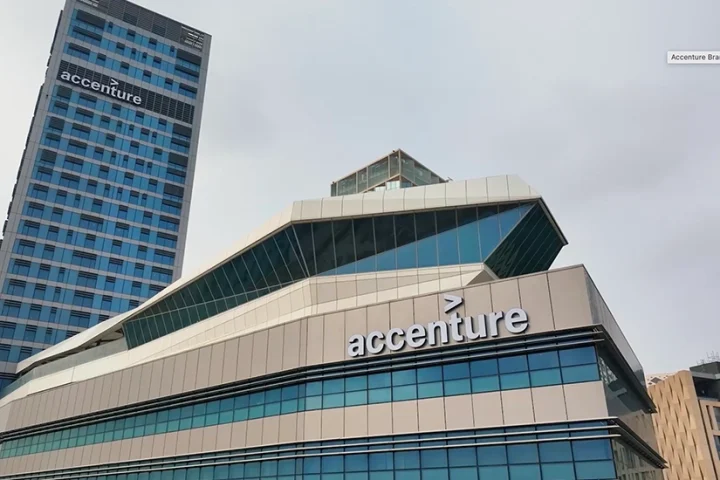A major new report from Oliver Wyman highlights that the UAE’s grocery sector has reached a new stage of modernization as competition intensifies.
However, the report also notes that the success of the UAE’s “modern trade” grocers in capturing market share is pushing them to increasingly compete for like-for-like (LFL) growth by winning customers from competitors and increasing share of wallet with their existing customers. This dynamic creates the risk of market saturation and opens opportunities for market disruption.
The latest Oliver Wyman Customer Perception Map (CPM) survey, which tracks customer perceptions and habits in the grocery sector in different regions around the world, highlights that, in an increasingly saturated market, retailers are being pushed to differentiate themselves either by offering superior value or an exceptional offer, with only rare exceptions successfully balancing both, to stay competitive. The survey indicates that, as the UAE market has matured, customers have developed differentiated preferences compared to their peers in other GCC markets, creating both challenges and opportunities.
“Our recent CPM shows that, as the UAE market has matured, various customer segments now clearly prioritize different factors in their choice of retailer. In response to these changing preferences, we expect a stronger differentiation of formats to emerge. Some brands are focusing on a truly differentiated proposition supported by a premium customer experience, while other retailers are striving for a balance between value and quality of products,” said Joe Abi Akl, a partner and the head of Oliver Wyman’s Retail and Consumer Practice for India, the Middle East, and Africa (IMEA).
This emerging differentiation can already be observed in the UAE grocery market. With players like Spinneys and Waitrose focusing on high-quality fresh products and offering unique products and own labels, and Viva, on the other side, focusing on value by establishing the first discount model at scale in the UAE. Finally, the large hypermarket chains like Carrefour, LuLu and Nesto try to balance both by offering large assortments and attractive promotions. In this context undifferentiated players are likely to struggle with leading players driving consolidation in the market.

“As has been observed in more developed retail markets, the major supermarket groups most likely to prosper are those that can best innovate and differentiate themselves from their rivals,” said Alexander Poehl, Retail and Consumer Partner from Germany, who has supported many Western European retailers in their transformations. “Developing a differentiated proposition will require retailers to upgrade their category management capabilities and revisit their relationships with suppliers. Just selling shelf space and promotions to the highest bidder will no longer be good enough. Winners put the customer at the center of all decisions on format, assortment, space, price, and promotions,” Poehl added.
Enabling consumers to access the products and promotions most relevant to them could deliver a significant market advantage. In this context loyalty programs play a vital role. Ideally a customer sees them as a trusted companion in many daily interactions in an ecosystem spanning beyond the retailer owning the program. The survey found that 60% of UAE respondents expressed interest in getting access to more services through their loyalty schemes, with F&B, payments and healthcare service being the most interesting options. In addition, UAE consumers are significantly more likely to share data to enable such programs, compared to European consumers.

























